Phuong Mai - Vu Linh's stage lover: Teaching cai luong to Americans, full U70 with husband and children

3 | 0 Discuss | Share
Artist Thanh Tong is the fourth descendant of a cult art family. Living with music, drums and small lyrics, singing boi seems to have been deeply attached to the male artist's childhood. From this solid foundation, he became a famous artist and was dubbed the "King of Cai Luong Ancient Tuong".
People's Artist Thanh Tong was born in 1948. At that time, when he was just a young boy, he called his father to call his mother, but he was unexpectedly passionate about the spotlight. At that time, his whole family sang for the opera troupe of Bau Thang, often performing at Cau Quan communal house. Every night he refused to go to sleep, Mrs. Bay Su carried him to the stage, so the boy Tong looked at the artists performing outside attentively for a long time before he let his mother carry him. Sleep.
Later, when he grew up a little, artist Minh To let Thanh Tong go on stage with tuong classes with scenes of running from the enemy, but the way Thanh Tong appeared on stage was also very special. He was carried by his mother, Seven Su, carried him in her arms and ran back and forth on stage. Just like that, the little boy, Tong, lay still, very excited.
In tuong classes without a fight scene, he was also allowed to appear at the end of the play by his parents, that's when the actors came out on stage to greet the audience, Thanh Tong stood at the chicken wing waiting for Ms. Bay Su to carry him out. to wave goodbye.
Seeing that his son had a natural inclination and showed an artistic talent, artist Minh To began to officially teach Tuong to Thanh Tong. He showed Thanh Tong how to perform choreography from the stroke of his beard to the gesture of walking. Thanh Tong's music was taught by his uncle. Since then, Thanh Tong officially stood on stage performing with childish roles, small roles. His first role was playing the son of Hoang Phi Ho in a boi opera. Then Thanh Tong performed in the play San Hau.
In the 50s of the last century, the art of singing boi also began to gradually recede from the South. The Cau Quan Communal House where the troupe sang boi also began to welcome guests, those who came to see were only elderly spectators, young people were more interested in cai luong art.
Before that situation, artist Minh To was very concerned, he forced himself to think and find a way to reform this art. The direction of reform was Cai luong mixed with boi singing, an innovative way of artist Minh To to both maintain the artist's life in the troupe and maintain the profession in the face of difficulties he and many other artists faced at that time. . That year Thanh Tong was less than 10 years old.
The first students of artist Minh To trained to sing in the new style of cai luong mixed with boi singing, besides his son Thanh Tong, there were Xuan Yen, Bo Bo Hoang, Thanh Phuong...
In order to nurture the art, artist Minh To has devised a way: Besides the traditional singing plays performed by older artists, there are also excerpts from Phung Nghi Dinh, Tram Trinh An, and Tong. Nhan Ton cried goodbye to Bang Qui Phi... performed in a new style by Thanh Tong and the child artists. Surprisingly, this way of acting was very attractive to the audience. Excited by these achievements, artist Minh To taught many other small students such as: Thanh The, Buu Truyen, Bach Le, Thanh Loan, Truong Son...
So, less than 10 years old, Thanh Tong was given the profession by his father. He learned to play the dual martial arts through the role of Lu Bo in Phung Nghi Dinh, the lyrical and melancholic dualism through the role of Tong Nhan Ton in Tong Nhan Ton crying goodbye to Quy Phi, martial arts general Trinh An in Tram Trinh An, and general Van Bao Cong. In Bao Cong Tra Sentence Quach Hoe, martial arts general Quan Cong in Quan Cong Phuc Hue Dung Dao, dual martial arts innocent and graceful Tiet Ung Luong in Goddess of the Five Spirits, Du Nhuong in Du Nhuong has long robes.
In 1960, artist Minh To established the Dong Au Cai Luong troupe. Joining the delegation are young artists, one of which is indispensable artist Thanh Tong. The long development in Thanh Tong's career also started with this troupe.
A year later (1961), for some reason, the Dong Au troupe disbanded, artist Thanh Tong returned to sing for Khanh Hong troupe, this is also the troupe of artist Khanh Hong, the uncle of artist Thanh Tong. . Singing Khanh Hong, which Thanh Tong worked as a young double, specialized in singing Ho Quang tuong plays, which in those days were called ancient cai luong or Chinese tuong.
Since that time, Thanh Tong has completely engaged in the path of art. But Thanh Tong's journey to art is not as easy as we think. Those were extremely difficult years with a piece of rice and clothes. Those were the years when Cau Quan communal house was empty of guests, those were the days when they had to run to eat every meal.
Saigon in the 60s of the last century was invaded by other modern arts imported from the West such as cinema, music and many other modern entertainments. The Cai Luong stage was gradually narrowed by cinemas, discos, and bars, so the lives of many artists, including Thanh Tong, were seriously affected. There are times when artist Thanh Tong wants to quit his job to find a livelihood, but thinking about his father's expectations, Thanh Tong still tries to persevere. At one time, artist Thanh Tong had to sell bread on Tran Hung Dao and Cong Quynh streets to earn a living, and at night he transformed into characters on stage.
In 1968, the play Bao Cong investigates the case of Quach Hoe resounded throughout the South. Not only performed everywhere, but Bao Cong investigated the case of Quach Hoe was broadcast on television at that time. At the same time, Thanh Tong was known as the "King of the ancient classical tuong".
Thanh Tong's next stage is a brilliant sublimation in art, when mentioning Thanh Tong's name, people think of his life-changing roles such as La Bo in La Bo Hi Dieu Boat, Uncle Tan in To Anh Nguyet. , Chu Phat Vien in Loi Vu, Vo Minh Thanh in Miss Luu's Life...
About the role of author and director Thanh Tong also left many impressions with plays: Under the Tay Son Flag, The Sword of the General, Spring on Ma Phi Peak, Raising the Flag to Save the Country, The Saddle Verse, Bao Tap Nguyen Phong , Red cheeks illuminating the silver sword, Flame of Thang Long, To Hien Thanh's trial, Dai Viet's statue, Secret sheet, Empress without throne...
At the end of his life, artist Thanh Tong focused on training future generations of actors to follow the path of artist Minh To - his father had done before. Artists who have undergone his forging hands can be mentioned as: Ngoc Dang, Huu Loi, Huu Canh, Cong Minh, Thanh Son, Xuan Thu, Vu Linh, Kim Tu Long, Thoai My, Tu Suong, Minh Long , Ngan Giang, Minh Tuan, Thanh Van, Bach Long, Que Phuong, Que Tran, Thanh Phuong, Thuy Duong...
With the great contributions of artist Thanh Tong to the art of reforming, in 2007 the state conferred the title of People's Artist for him.
Artist Thanh Tong passed away on September 22, 2016 at the age of 68 at his home in Ho Chi Minh City in the arms of family members. His departure left a huge void for the country's reformed art scene.
Viet Huong was stoned for "livestream but did not visit Vu Linh", voiced "claims of injustice", revealed a secret 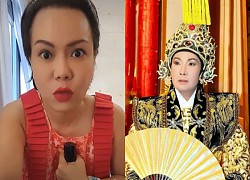 Hoàng Phúc07:32:40 10/03/2023During the past few days, the departure of "King of Cai Luong" Vu Linh made fans and artists extremely sad and sorry. Recently, Viet Huong frankly voiced her opinion when an audience member wondered that she was not present at the ceremony to visit her senior. Specifically, when...
Hoàng Phúc07:32:40 10/03/2023During the past few days, the departure of "King of Cai Luong" Vu Linh made fans and artists extremely sad and sorry. Recently, Viet Huong frankly voiced her opinion when an audience member wondered that she was not present at the ceremony to visit her senior. Specifically, when...

3 | 0 Discuss | Share
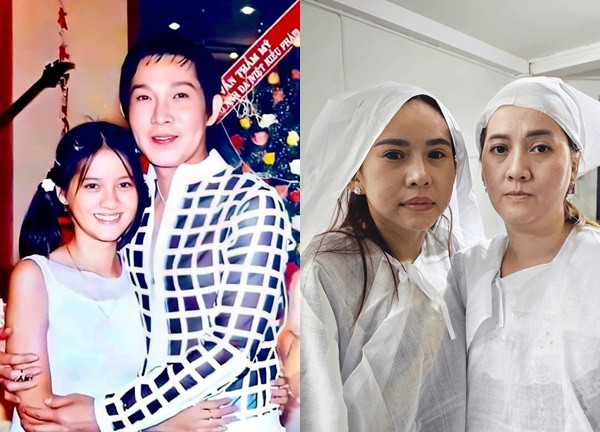
5 | 0 Discuss | Share
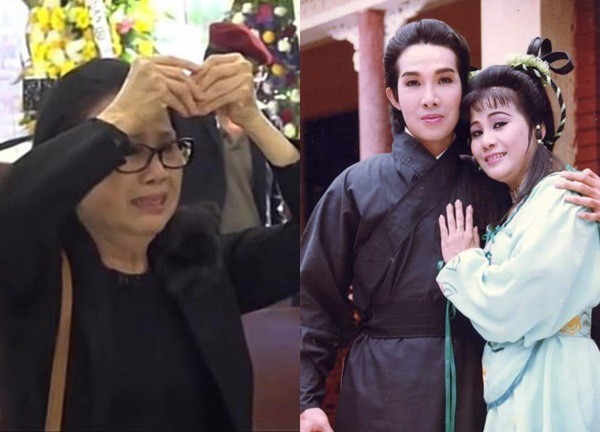
3 | 0 Discuss | Share
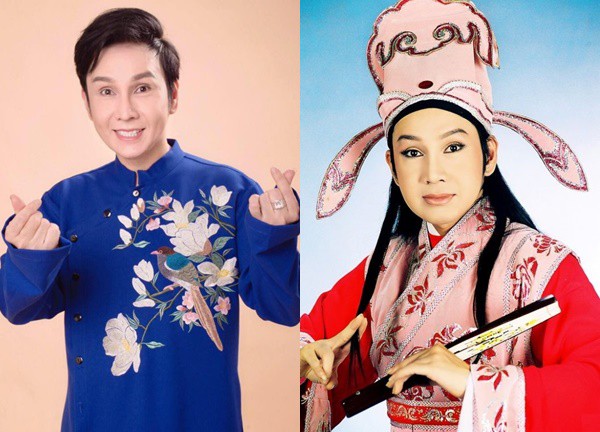
1 | 0 Discuss | Share
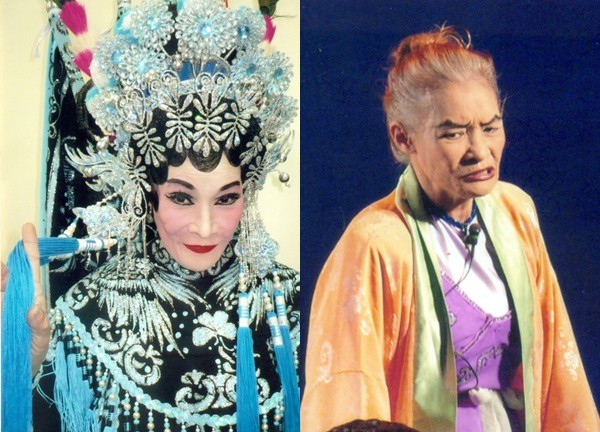
4 | 0 Discuss | Share
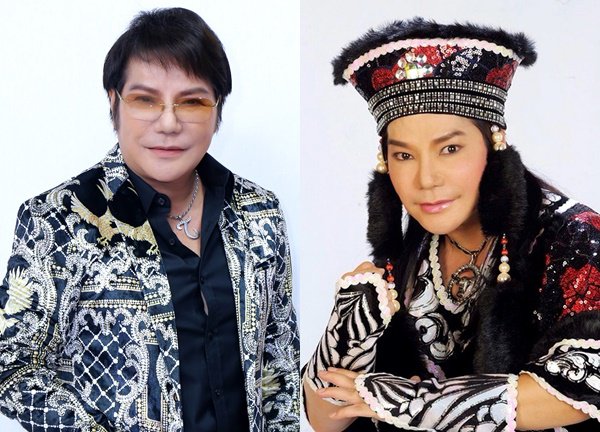
1 | 0 Discuss | Share

5 | 0 Discuss | Share

1 | 0 Discuss | Share
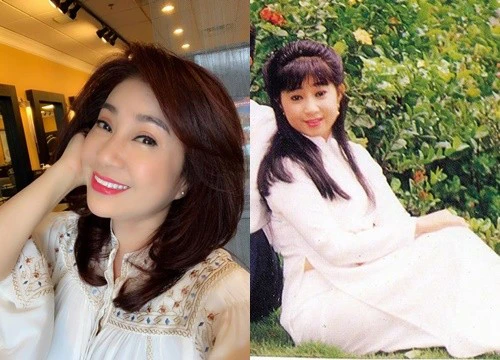
4 | 0 Discuss | Share
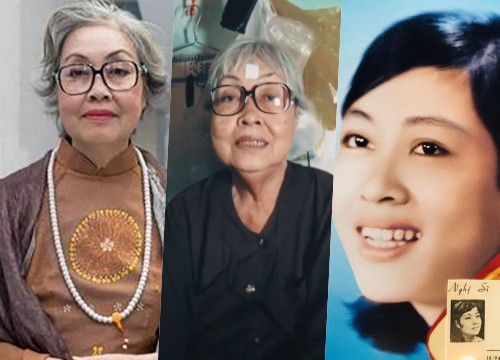
3 | 0 Discuss | Share
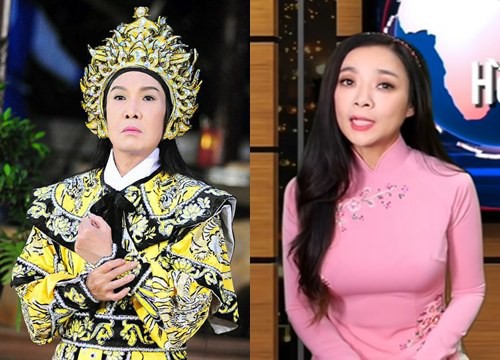
4 | 0 Discuss | Share
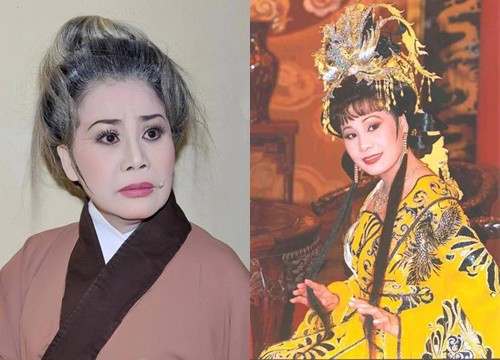
2 | 0 Discuss | Share


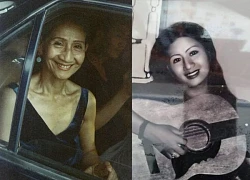
2 | 0 Discuss | Report